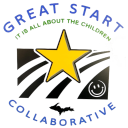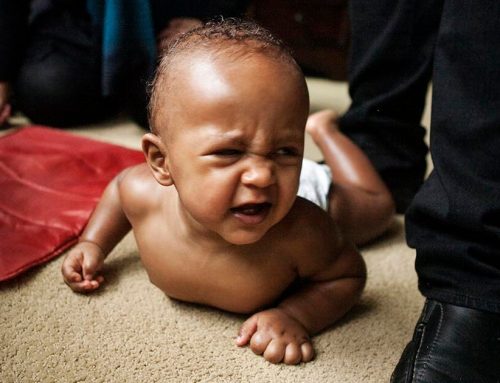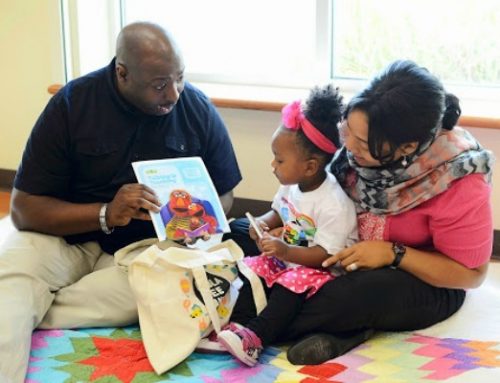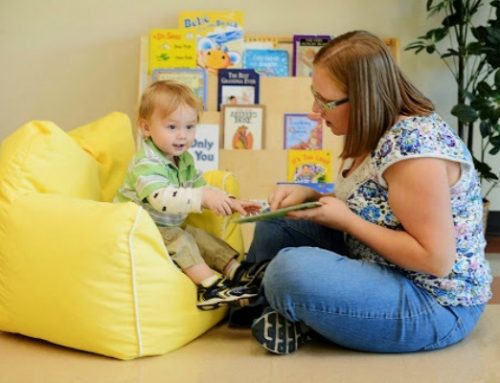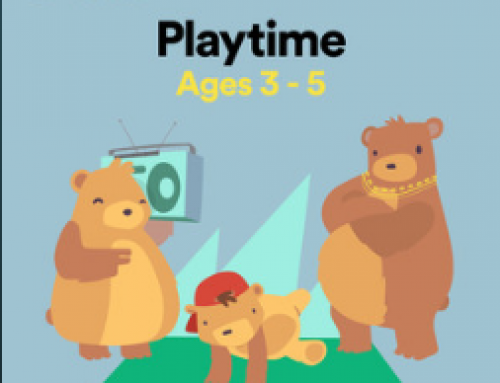 Sharing, making friends, paying attention, expressing emotions, and dealing with challenges successfully are critical to lifelong learning, success, and happiness. These skills are part of social and emotional development, which begins with children’s earliest relationships and experiences and has big impacts on later outcomes – not just for children, but for their families and communities, too!
Sharing, making friends, paying attention, expressing emotions, and dealing with challenges successfully are critical to lifelong learning, success, and happiness. These skills are part of social and emotional development, which begins with children’s earliest relationships and experiences and has big impacts on later outcomes – not just for children, but for their families and communities, too!
Social and emotional development involves several interrelated areas of development, including social interaction, emotional awareness, and self-regulation. Below are examples of important aspects of social and emotional development for young children.
Social interaction focuses on the relationships we share with others, including relationships with adults and peers. As children develop socially, they learn to take turns, help their friends, play together, and cooperate with others.
Emotional awareness includes the ability to recognize and understand our own feelings and actions and those of other people, and how our own feelings and actions affect ourselves and others.
Self-regulation is the ability to express thoughts, feelings and behaviors in socially appropriate ways. Learning to calm down when angry or excited and persisting at difficult tasks are examples of self-regulation.
